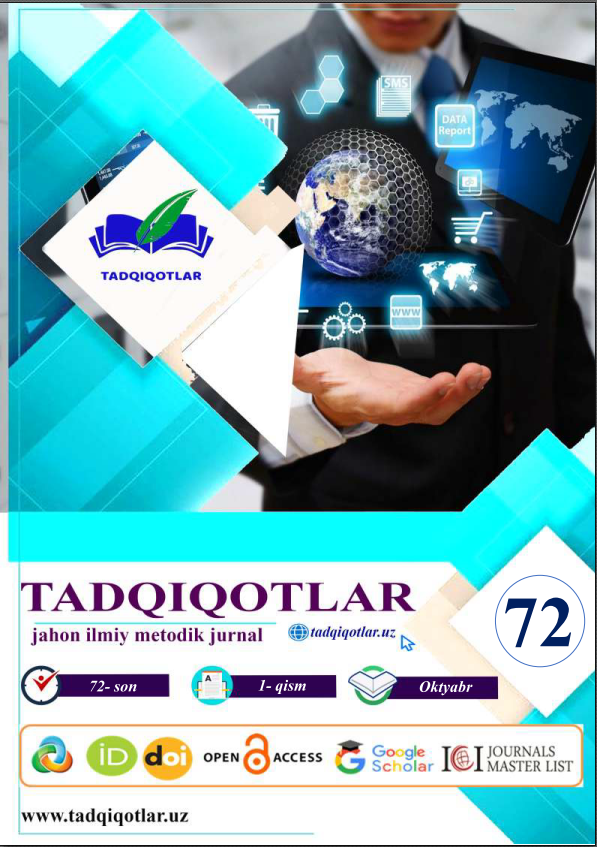FROM SCRIPT TO SPEECH: THE INTERPLAY BETWEEN WRITTEN AND ORAL TRADITIONS IN PHILOLOGICAL STUDIES
Keywords:
Keywords: Philology, oral tradition, written language, textual transmission, literacy, storytelling, cultural memory, linguistic anthropology, digital humanities, performance.Abstract
The dynamic relationship between written and oral traditions has long intrigued
philologists, as both forms of expression reveal the evolution of human language,
culture, and cognition. This study examines the interplay between script and speech
within philological research, highlighting how oral traditions influence written texts
and how literacy transforms oral expression. Drawing from classical, medieval, and
indigenous linguistic traditions, the article explores how oral performance,
memorization, and storytelling shaped the transmission of texts before and after the
advent of writing. The research also addresses how modern philology, supported by
linguistic anthropology and digital humanities, redefines the boundaries between oral
and written forms. Case studies from Homeric epics, Old English poetry, and African
oral literature demonstrate that script and speech are not opposing systems but
complementary forces in cultural preservation. The paper concludes that philological
inquiry into both forms deepens our understanding of linguistic creativity and cultural
continuity.
References
References
1. Finnegan, R. (1970). Oral Literature in Africa. Oxford University Press.
2. Foley, J. M. (2002). How to Read an Oral Poem. University of Illinois Press.
3. Goody, J., & Watt, I. (1963). “The Consequences of Literacy.” Comparative Studies
in Society and History, 5(3), 304–345.
4. Havelock, E. A. (1963). Preface to Plato. Harvard University Press.
5. Lord, A. B. (1960). The Singer of Tales. Harvard University Press.
6. Ong, W. J. (1982). Orality and Literacy: The Technologizing of the Word. Methuen.
7. Parry, M. (1930). “Studies in the Epic Technique of Oral Verse-Making.” Harvard
Studies in Classical Philology, 41, 73–147.
8. Crystal, D. (2010). The Cambridge Encyclopedia of Language. Cambridge
University Press.
9. Goody, J. (1987). The Interface Between the Written and the Oral. Cambridge
University Press.
10. Vansina, J. (1985). Oral Tradition as History. University of Wisconsin Press.
11. Niles, J. D. (2007). Old English Heroic Poems and the Oral Tradition. Brepols.
12. Woodbury, A. (2011). “Language Documentation and Oral Tradition.” In P. Austin
& J. Sallabank (Eds.), The Cambridge Handbook of Endangered Languages.
Cambridge University Press.

